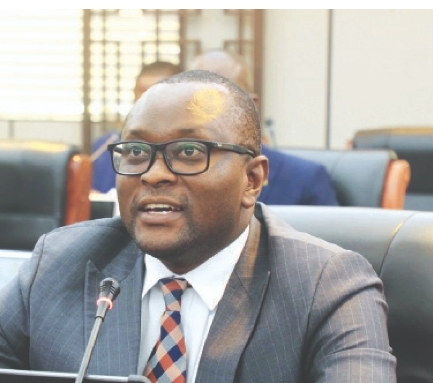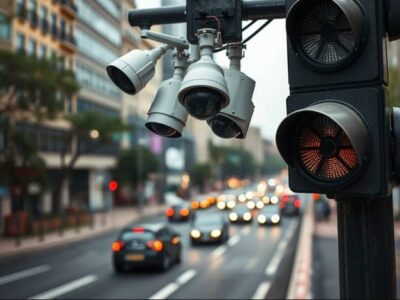In a significant step toward modernising its anti-drug efforts, the Zimbabwean government has introduced drone surveillance at border posts to clamp down on the flow of illicit substances across national lines.
Announced during a post-Cabinet briefing on Tuesday, the move forms part of a broader strategy to reduce drug supply and improve enforcement efficiency using technology. Information, Publicity and Broadcasting Services Minister Jenfan Muswere confirmed that the Criminal Investigations Department (CID) had received five surveillance drones from the Ministry of Local Government and Public Works.
“Regarding the update on the Supply Reduction Pillar, the Criminal Investigations Department received five drones from the Ministry of Local Government and Public Works for surveillance purposes at border posts,” said Minister Muswere.
The high-tech intervention comes amid a growing national crackdown on drug abuse and trafficking, which authorities have described as a threat to national development and youth wellbeing. Between March and June 2 this year, law enforcement carried out 206 raids across the country, resulting in the dismantling of 39 illegal drug bases and the arrest of 1,445 suspects.
Minister Muswere also disclosed that law enforcement had taken a tougher stance on the networks behind the drug trade. “Forty-one drug kingpins were named and shamed during the period,” he said, adding that several individuals received prison sentences ranging from 12 months to 15 years.
The introduction of drones adds a new dimension to Zimbabwe’s approach — moving beyond traditional boots-on-the-ground tactics to more tech-savvy tools that improve reach and visibility at often porous border posts. The unmanned aerial vehicles will enhance surveillance in remote areas where human patrols are limited and illegal cross-border activities often go undetected.
While the drones are primarily focused on border points, the broader anti-drug campaign includes ground-level inspections of alcohol vendors and entertainment venues. Muswere reported that the liquor licensing board had inspected 461 premises during the same period, of which 429 were properly licensed. Thirty-two unlicensed outlets were fined US$40 each.
Beyond policing, the government says it is committed to tackling the root causes of substance abuse, particularly among youth. “The government is committed to empowering youths which will in turn reduce drug and substance abuse in the country,” said Muswere.
In a rehabilitation push, 70 former drug users are currently enrolled in government-supported skills training programmes as part of efforts to reintegrate survivors into productive roles within society.
The deployment of drones signals a recognition that modern law enforcement requires modern tools. For a country grappling with the social and economic costs of drug trafficking, this blend of technology and policy marks a new phase in the war against illicit substances — one where surveillance takes to the skies.














Comments